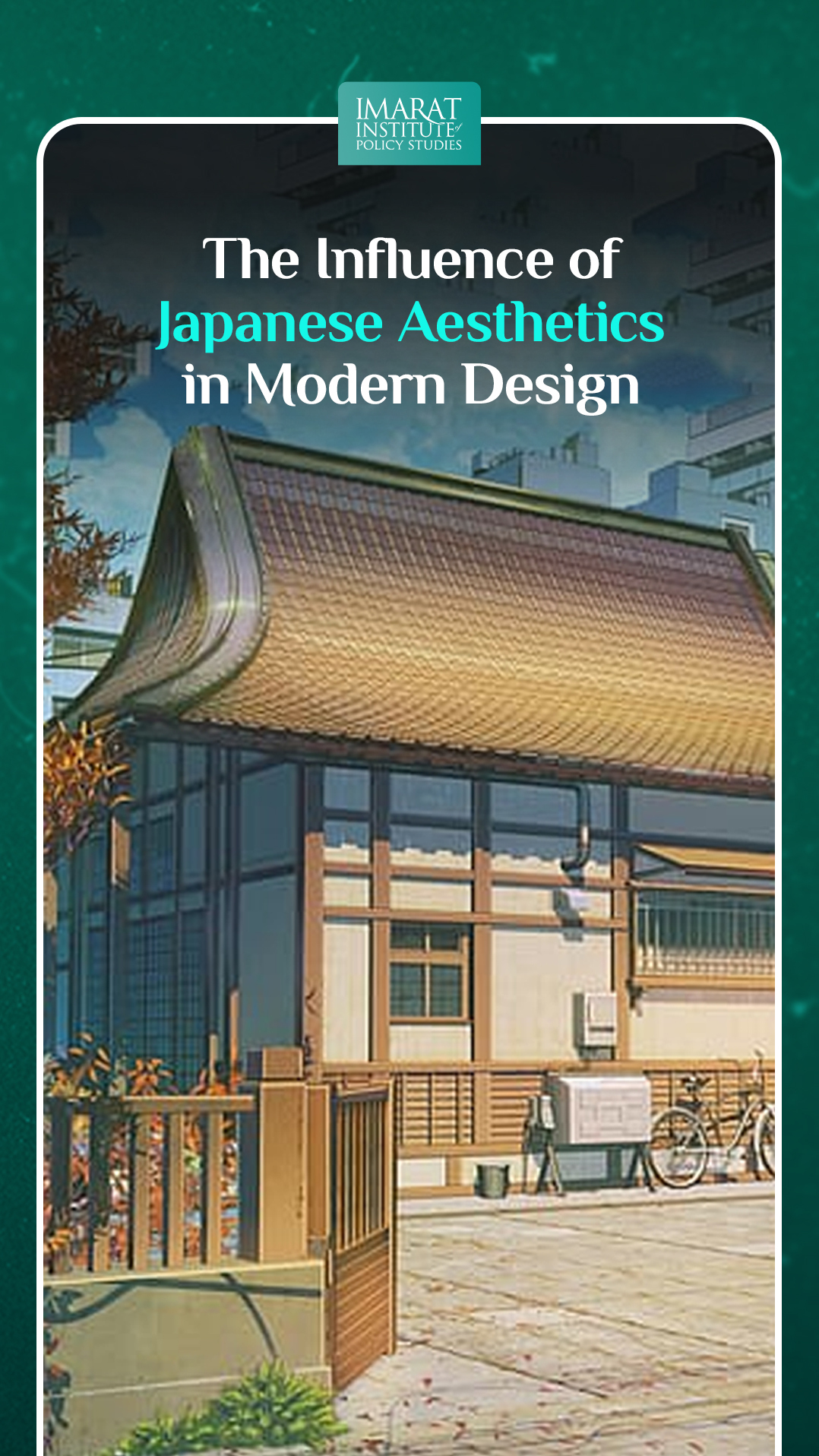In today’s fast-paced world, where distractions abound and time seems to slip through our fingers, the quest for productivity has become more critical than ever. Amidst this chaos, Japanese principles offer a beacon of tranquility and efficiency. Rooted in centuries-old traditions and philosophies, the Japanese approach to productivity embodies the essence of Zen – simplicity, mindfulness, and a deep connection to the present moment. In this blog post, we explore how integrating Japanese principles into our daily lives can lead to a more harmonious and productive existence.
Kaizen: The Philosophy of Continuous Improvement
At the core of Japanese productivity is the philosophy of Kaizen, which translates to “continuous improvement.” This concept emphasizes the incremental refinement of processes, systems, and habits to achieve greater efficiency and effectiveness over time. By embracing Kaizen, individuals cultivate a mindset of constant learning and growth, seeking small, manageable improvements in their daily routines and workflows.
Mottainai: Embracing the Spirit of Conservation
Derived from Buddhist teachings, the concept of Mottainai encourages us to avoid waste and make the most of our resources. In the context of productivity, Mottainai inspires us to be mindful of our time, energy, and attention, avoiding unnecessary distractions and focusing on tasks that truly matter. By adopting a mindset of Mottainai, we cultivate a sense of gratitude for the resources at our disposal and strive to use them wisely and purposefully.
Ma: Finding Space in the Moment
In Japanese aesthetics, the concept of Ma refers to the space between objects, moments, and thoughts. In the context of productivity, Ma encourages us to embrace moments of pause and reflection amidst the busyness of our lives. By allowing space between tasks and activities, we create room for creativity, clarity, and insight to emerge. Incorporating moments of Ma into our daily routines can lead to greater focus, balance, and productivity in the long run.
Ikigai: Discovering Purpose and Passion
Ikigai, often translated as “reason for being,” is a Japanese concept that refers to finding one’s purpose and passion in life. In the realm of productivity, Ikigai encourages us to align our actions with our values, strengths, and interests, leading to a greater sense of fulfillment and motivation. By identifying our Ikigai – what we love, what we are good at, what the world needs, and what we can be paid for – we can channel our energy and efforts towards meaningful endeavors that bring us joy and satisfaction.
Wabi-Sabi: Embracing Imperfection and Impermanence
Wabi-Sabi is a Japanese aesthetic that celebrates the beauty of imperfection and impermanence. In the context of productivity, Wabi-Sabi encourages us to let go of perfectionism and embrace the natural ebb and flow of life. By accepting the transient nature of our achievements and acknowledging the beauty in our flaws, we free ourselves from the paralyzing grip of self-doubt and fear of failure. Embracing Wabi-Sabi allows us to approach our work with humility, resilience, and grace, fostering a healthier and more sustainable approach to productivity.
Conclusion
Incorporating Japanese principles into our approach to productivity offers a powerful antidote to the overwhelming pace and pressure of modern life. By embracing concepts such as Kaizen, Mottainai, Ma, Ikigai, and Wabi-Sabi, we can cultivate a more balanced, purposeful, and fulfilling existence. As we strive to navigate the complexities of the digital age, let us draw inspiration from the wisdom of Japanese traditions and embark on a journey towards greater harmony, efficiency, and well-being
This article is written by Shahmeer Adnan. Shahmeer is a research analyst at the Iqbal Institute of Policy Studies (IIPS).



Leave a Reply